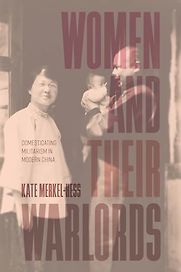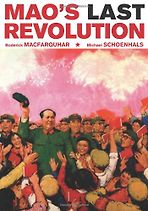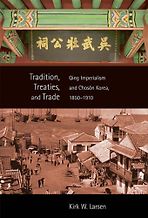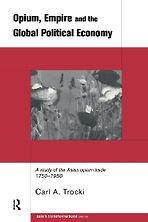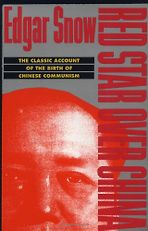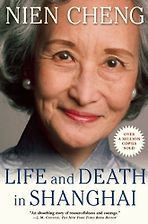Recommendations from our site
“One of the goals of the book is to unsettle the stereotype of this period as being all about men battling for control of the pie. She wants you to think about them as a set of people who believed in different things and had different ideas about how to strengthen the country—an ongoing concern of Chinese political leaders from the late Qing on. She wants us to think about them as influenced by different kinds of intellectual currents at the time. Liberal ideas made an impact on some of them; they were connected to different religious traditions. Above all, though, she wants you to think about the women in their lives–what these women did on their own and how they influenced powerful and better known men. Her focus is the wives, consorts, and in some cases daughters of military men, and the new roles these women carved out for themselves in political life. They were political figures whose high profile came in part because of their connection to the men, but who also found creative ways to pursue passion projects and things that animated them. Some were drawn to socialist ideas and to the Communist Party; some to Christianity. The book populates the period with more interesting, complex individuals than standard accounts, a collage of sorts.” Read more...
Jeffrey Wasserstrom, Historian
Our most recommended books
-

Mao’s Last Revolution
by Michael Schoenhals & Roderick MacFarquhar -

Tradition, Treaties, and Trade: Qing Imperialism and Choson Korea, 1850-1910
by Kirk W. Larsen -

Opium, Empire and the Global Political Economy
by Carl Trocki -

Narcotic Culture
by Frank Dikotter, Lars Laamann and Zhou Xun -

Red Star over China
by Edgar Snow -

Life and Death in Shanghai
by Nien Cheng
